Conservation Alliance for Seafood Solutions issues guidance for corporate sustainability commitments to ensure the well-being of both people and the planet
San Francisco, CA (April 11, 2024) — In the wake of new investigations uncovering forced labor in the seafood sector in India, China, and North Korea, a leading industry group is urging supermarkets, restaurants, and other businesses to accelerate efforts to eradicate human and labor rights abuses from their supply chains.
To aid companies in initiating or expediting their efforts, the Conservation Alliance for Seafood Solutions today introduced a set of guidelines, measures, and resources to address the well-being of both people and the planet.
Released in advance of the world’s largest seafood industry gathering, the Seafood Expo Global in Barcelona (April 23-25), The Guidance for Companies on Environmentally and Socially Responsible Seafood marks the first time that the 16-year-old Alliance is calling on the industry to prioritize the “human factor” across its supply chains, including ensuring fair wages, safe and humane working conditions, and equitable opportunities for workers.
“The latest human and labor rights investigations confirm that the industry is facing a sea change,” said Ryan Bigelow, Project Director for the Alliance. “While progress is being made, it’s clear that it’s time for the industry to meet this issue with the urgency it deserves. Prioritizing human rights alongside conservation is not just the right thing to do; it’s the best thing companies can do to future-proof their businesses from consumer backlash and reputational damage.”
Bigelow added: “Companies of all sizes – from mass market retailers to family-owned sushi restaurants – have the power to apply pressure on suppliers, spur reforms, and create new markets, models, and supply chains that safeguard workers and the environment.”
Founded in 2008, the Alliance represents more than 150 seafood enterprises like Bumble Bee and Nestle Purina, NGOs, and environment and human rights experts across 30 countries. In North America, over 20 of the top 25 retailers, including Costco, Kroger, Target, and Aldi, have sustainable seafood partnerships with non-profits within the Alliance.
The world’s most widely traded food commodity, seafood involves complex supply chains, often passing through multiple intermediaries and countries before reaching the consumer. It is especially vulnerable to exploitation since the majority of operations take place in remote, high-seas areas, far removed from regulatory oversight, or in countries like India and China where auditing firms have limited ability to effectively monitor supply chains. With forced labor generating $236 billion in illegal profits annually – a sharp increase from $64 billion in 2014 – the European Union recently moved closer to joining the U.S. in banning products made with forced labor.
The Guidance offers a toolkit and checklists for businesses that include a due diligence model companies can use to identify, assess, and mitigate human rights and environmental risks in their operations and supply chains based on globally accepted frameworks. Additionally, it provides nearly 100 actionable resources for companies to inform their work and measure progress, including sustainable seafood commitments made by dozens of companies like Aldi and Pepsico, along with 45 real-world examples demonstrating how businesses of various sizes and types across seafood supply chains, including retailers, restaurants, and fish co-ops, have successfully implemented steps to protect the ocean, people, and communities.
Bigelow said the Guidance is critical to reaching the Alliance’s 2030 goal: at least 75% of global seafood production should be environmentally responsible or make verifiable improvements, with safeguards in place to ensure social responsibility. As of 2023, approximately 46% of the industry is progressing steadily. To achieve these goals, he stressed the importance of more companies beginning their efforts and those already committed embracing broader, more transparent processes.
The development of the guidance involved collaboration with a Working Group comprising leading industry experts, practitioners, and academics from organizations such as Fishwise, Fortune Fish & Gourmet, Seafood Watch, and New England Seafoods.
“As the focus around social and environmental responsibility and reporting intensifies, the Guidance provides a roadmap for companies of all sizes in the industry, no matter where they are in their journey,” said Stacy Schultz, Director of Supply Chain Stewardship for Fortune Fish & Gourmet. “The Guidance assists by providing a framework and examples for businesses to help them understand evolving standards, regulations, and consumer expectations, as well as recommendations for goal setting and progress monitoring.”
“The Alliance’s 2008 guidance laid the foundation for the majority of US retailers’ seafood sustainability policies and commitments”, said Michelle Beritzhoff-Law, Senior Project Director, Fishwise. “This next iteration takes a more holistic view of sustainability, leverages international best practices, and aims to guide the broader seafood supply chain, not just end buyers.”
About the Conservation Alliance for Seafood Solutions
The Conservation Alliance for Seafood Solutions is a community builder in the responsible seafood movement that believes people make more progress when they work together. Formed in 2008, the Alliance connects a global community of NGOs, seafood businesses, academics, and other experts representing over 150 organizations across 30 countries with the resources and support needed to make progress. In North America, over 80% of the top 25 retailers have sustainable seafood partnerships with non-profits within the Alliance. The Alliance’s vision is a world with an abundance of seafood in an environment where workers, communities, and our ocean can all thrive.
